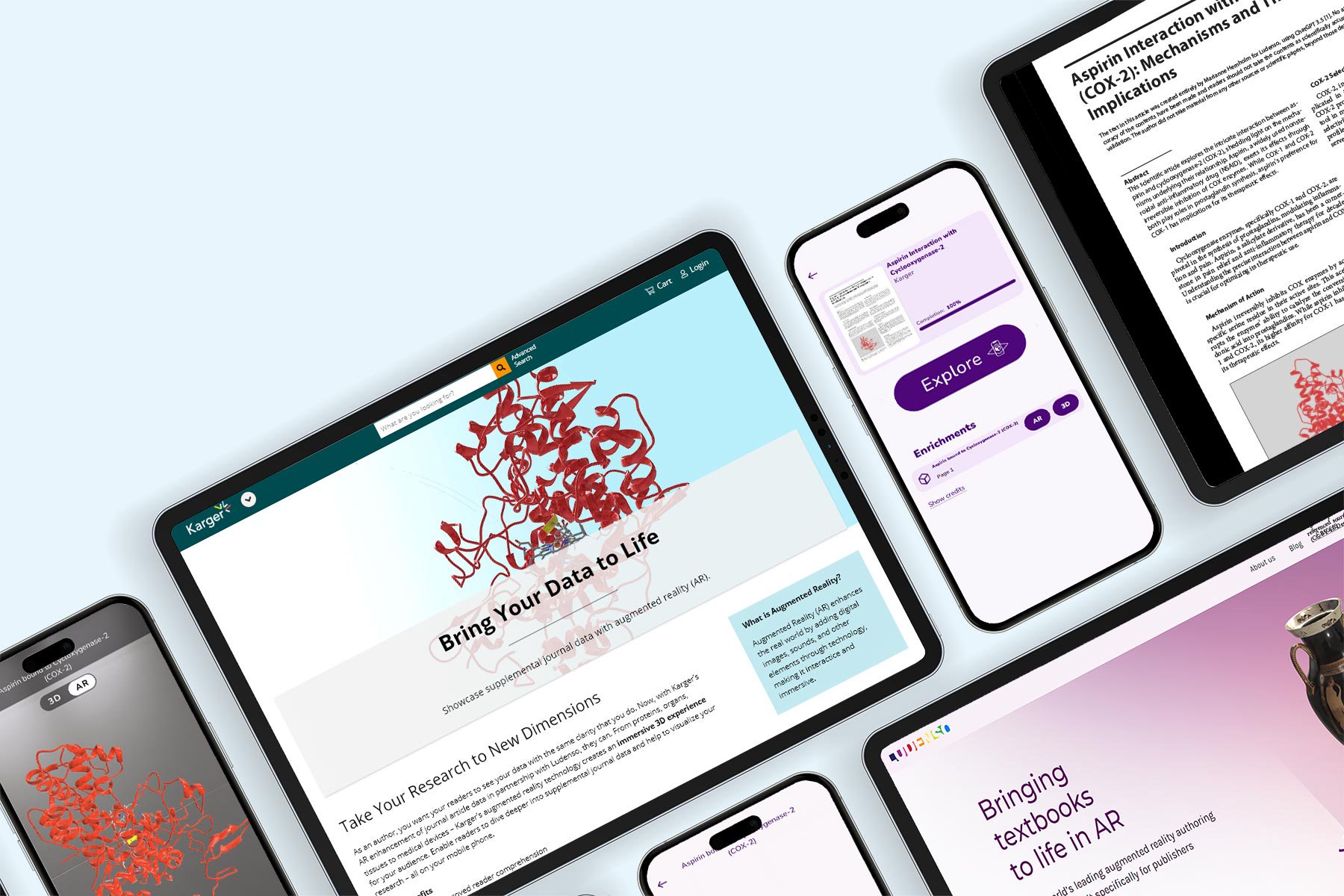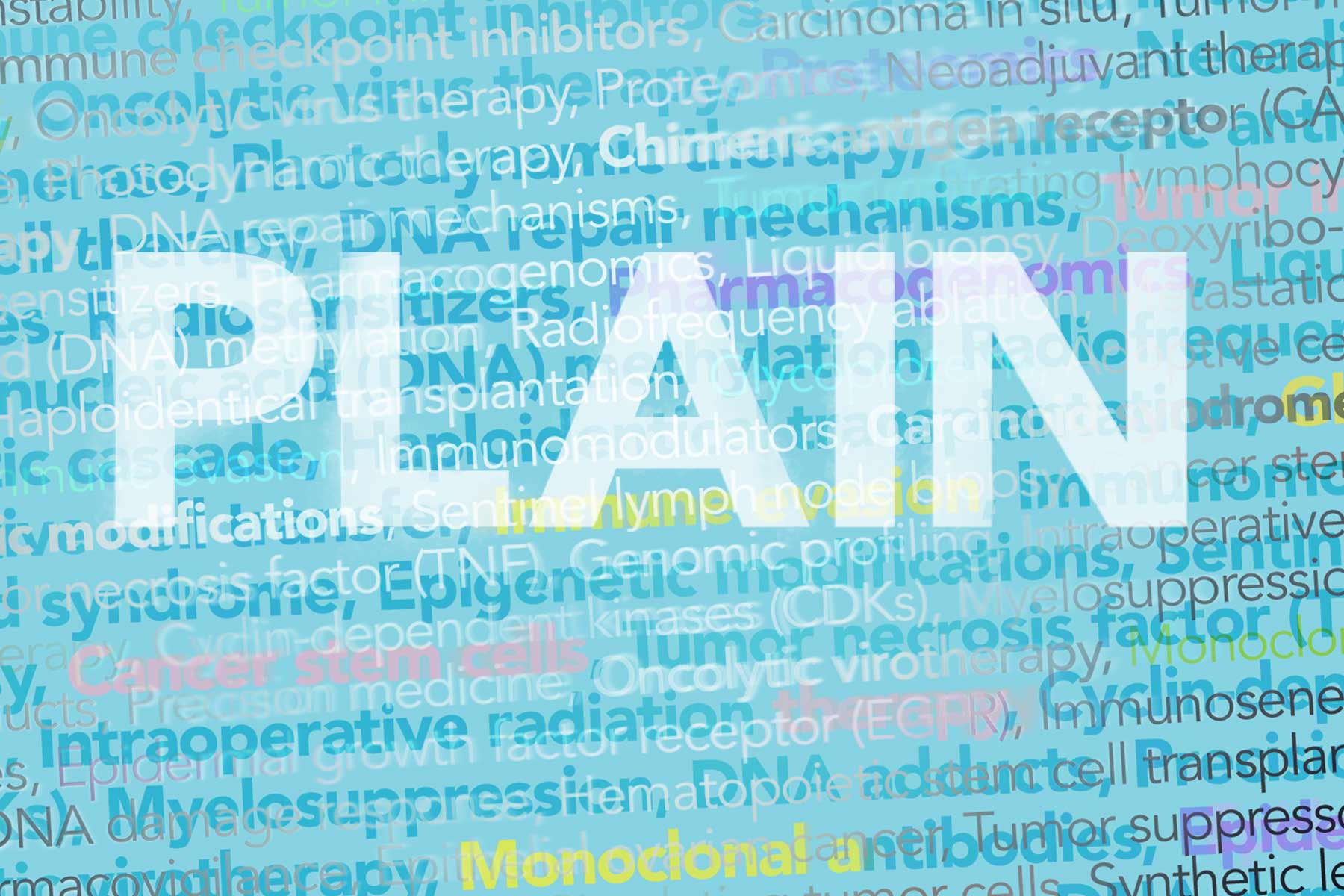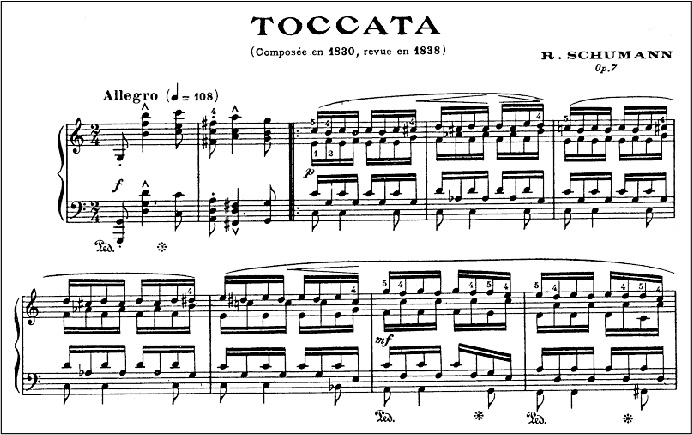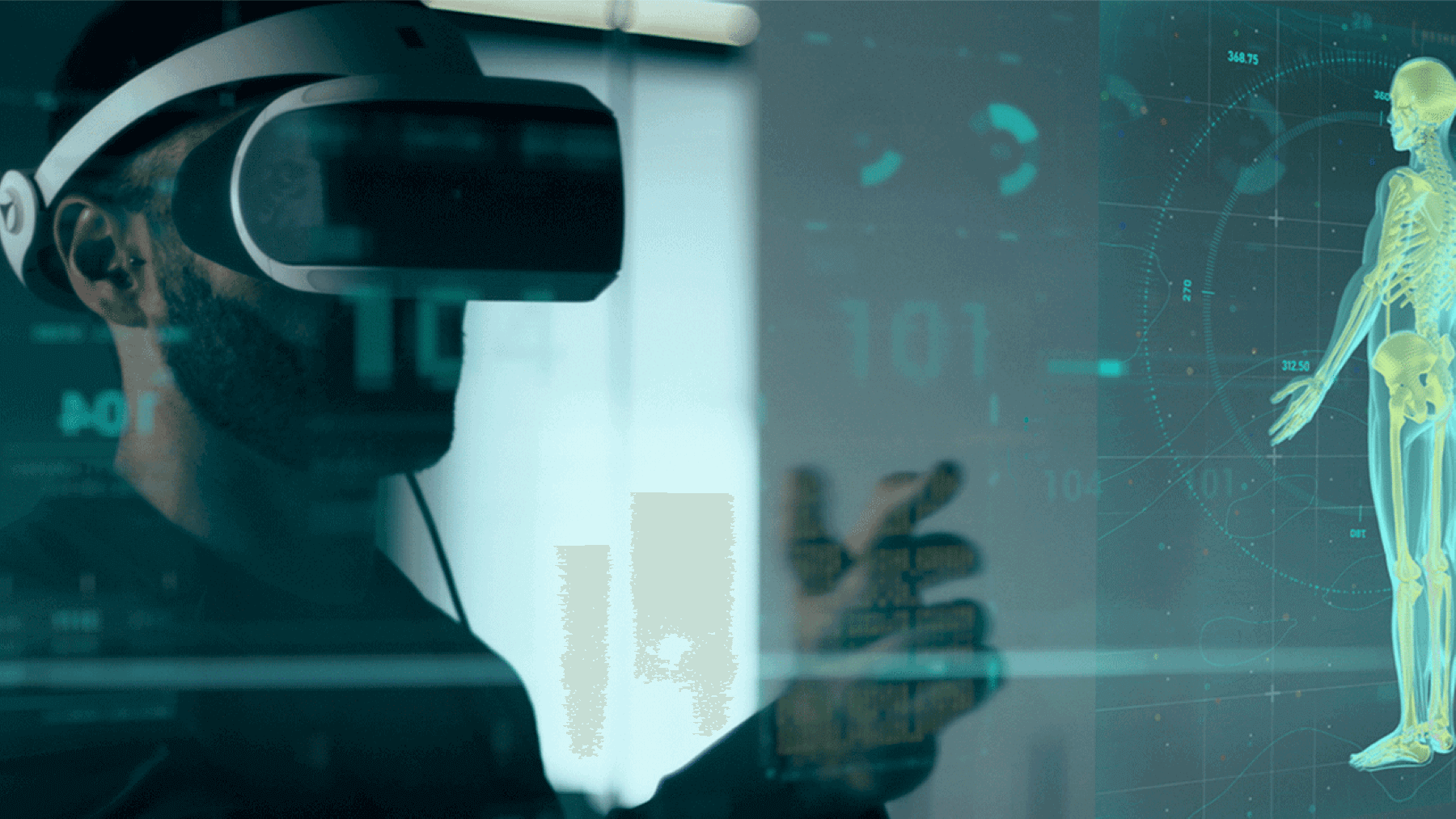We meet our challenges head on and plan for tomorrow today. Therefore, we continually adopt policies and activities to bolster Open Science practices for researchers and other communities. We are also developing more and more products and services that break down recent medical findings for clinicians, patients and their supporters, and healthcare professionals. Learn more about it here.

October 24, 2024 2 0
Expanding Access to Research: How Subscribe to Open is Evolving at Karger
Embracing new Open Access models that could make publishing simpler for authors, with no costs for them, Karger introduced Subscribe…

International Open Access Week (Oct. 21-27, 2024) is an opportunity to reflect on Open Access (OA), how far we have…

From a funders perspective on Open Access to the potential of AI in science communication – Dr. Beth Montague-Hellen, Head…

June 21, 2024 0 0
A Prescription for Innovation: AR in Medical Research and Publishing
Interview between Christna Chap, Karger’s Head of Editorial Development, and Eirik Wahlstrøm, CEO of Ludenso Augmented Reality (AR) is a…

It was an Oscar award-winning moment for the aorta recently as it was finally officially recognized by the medical community…

December 14, 2023 5 1
AI and ChatGPT in Research: The Good, the Bad, and the Ugly
Guest Post by Martijn Roelandse, Park 56 In 2017, I had the pleasure of attending the STM Tech Trends workshop….

In our last post, we considered the winding roads to Open Access (OA), summarizing the Karger in Conversation panel discussion,…

If Open Access (OA) is the destination, it appears to be in sight – much as you might look up…

Open Access is on our minds every day, but Open Access Week is a great time to take stock of…

September 26, 2023 4 0
Unlocking Editorial Efficiency: Combining Machine and Human Skills in Journal Publishing
Guest post by Krishna K. Chinnaiah, Molecular Connections The publication of research is a long-established tradition. For many years, scholarly…

An insightful interview with patient advocate Trishna Bharadia on plain language summaries. Plain language summaries (PLS) are rapidly gaining recognition…

For many people, the one artifact of the research process they see might be the polished article published in a…

After twenty years, the famous Maestro João Carlos Martins is finally able to play piano again, thanks to modern technology….

At Karger, it is no news that we are Open for Open. And we have just added yet another layer…

Writing and publishing a scientific paper is essential for a researcher but can be a lengthy and complex process. It’s…

August 29, 2022 6 0
Third VIA Edition: Exclusive Interview with Juror Stephanie Dawson
The Vesalius Innovation Award (VIA) is one way we at Karger spark innovation in health sciences. We see it as a…

Some feel that potential in research communications is stifled by the tyranny of ‘prestige’ when it’s measured solely by journal…

Regular nut consumption has a positive effect on chronic kidney disease and mortality in the United States, a recent study…

How can young researchers or medical doctors find their place in (medical) history? We talked with Heinrich Taegtmeyer, Professor of…

Knowledge defeats fear, googling your symptoms doesn’t. Therefore, we decided to break down complicated diagnoses, explain conditions, and illustrate comorbidities…

How can you write a compelling paper? Or avoid having your paper rejected? Have you covered every step in your…

March 21, 2022 4 0
Open Science: Fighting Faster, Smarter and More Equitably against Covid-19
There have been heated debates about how exactly to deal with the recent Covid-19 pandemic. But one thing most people…

March 10, 2022 8 0
Knowledge TransferTransformation
Leveling Out Information Asymmetries Between Research, Practice and Patients
Research findings in the health sciences are at the core of improving health globally. Preparing these scientific findings for use…

Genetics is a young specialty and was organized when there were already growing numbers of women in science and medicine. It…

January 19, 2022 7 0
Knowledge TransferScientific Feature
From Patients for Patients: Best in Class Example of Customer Centricity
Filling educational gaps is what the Fast Facts series does best, particularly in the rare disease space. So how do…

Working to advance Open Access (OA), an essential element of Open Science, can feel like solving a Rubik’s Cube: the…

ISCN Online is the digital companion to Karger’s Human Cytogenomic Nomenclature (ISCN 2020) book. This convenient and continuously up-to-date resource…

Flipping our journal Ophthalmic Research in 2021 has proven to be anything but shortsighted. We kicked off our own Open…

October 17, 2021 6 0
Knowledge TransferScientific Feature
Managing Patient Expectations: the Example of CAR T-cell Therapy
With recent CAR T-cell therapy approvals in leukemia and lymphoma, there has been a lot of coverage in both traditional…

October 17, 2021 12 0
Knowledge TransferTransformation
Knowledge Defeats Fear! How We Contribute to Patient-Centricity
Being informed about one’s health helps against anxieties, enables better communication between healthcare professionals and patients, and creates possibilities for…

